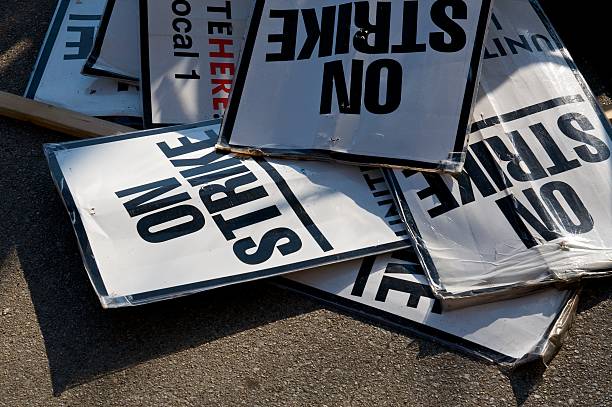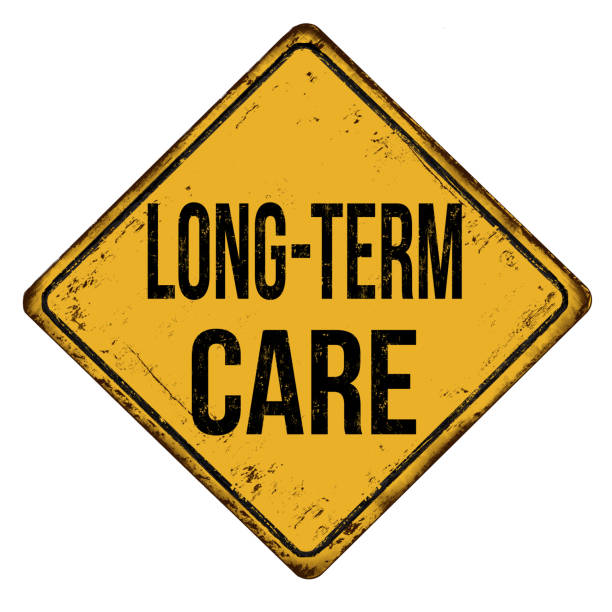Washington Policy Center Statement on Governor Inslee's 2025 Budget Proposal
SEATTLE – This morning, Governor Jay Inslee’s (D) office released a 4-year balanced budget proposal for 2025-2029, that fails to appropriately consider the need to reduce the cost-of-living burden families are facing by refusing to cut the state sales tax rate which hasn’t seen a reduction since 1982. This is despite record state spending increases and recent spending of one-time revenue for ongoing expenses, guaranteeing the creation of a budget gap.
The governor’s plan would increase state spending from $71.9 billion to $82.2 billion. The proposal includes a $2.6 billion increase in Business and Occupation (B&O) taxes and a new wealth tax which is predicted to collect $10.3 billion in tax revenues over the 4-year period.
In the last 12 years, during Governor Inslee’s tenure, spending has increased by $37.1 billion to $71.9 billion. That is an increase of 43% after inflation. The governor’s budget would add another 14%.
The Governor’s budget proposal is an exercise in irresponsible budgeting and should not be considered a serious attempt to solve the challenges Washington faces.
The budget proposal from the governor’s office mirrors the Office of Financial Management’s (OFM) claim that Washington state is facing a budget gap over the next four years of between $10 billion and $12 billion. The prediction from OFM conflicts with the Economic and Revenue Forecast Council (ERFC) projection of a $1.62 billion budget gap in the adopted November revenue forecast.
There is no budget shortfall. The state has increased spending on non-essential services assuming the record high tax revenues from the last few years would continue.
Tax payer dollars have also been wasted on projects such as the state’s “One Washington” technology project that is years late and millions over budget, electric ferries that are delayed (figuratively and in reality) and are costing tens of millions more than expected, massive public union pay increases negotiated behind closed doors and the waste and fraud that occurred with the Employment Security Department during the pandemic.
Since the pandemic, state agencies have hired over 8,000 additional employees.
The Washington legislature needs to look hard at cutting discretionary spending, bloated government agencies and a zero-based budgeting process, where appropriate, to balance the budget while cutting taxes. Legislators should not default to increasing taxes or cutting essential services to pay for problems the legislature and state leaders created themselves by overspending on pet projects.
For Washington Policy Centers (WPC) guide to reducing waste in the state budgeting process, see the WPC Policy Guide, 7th edition.





